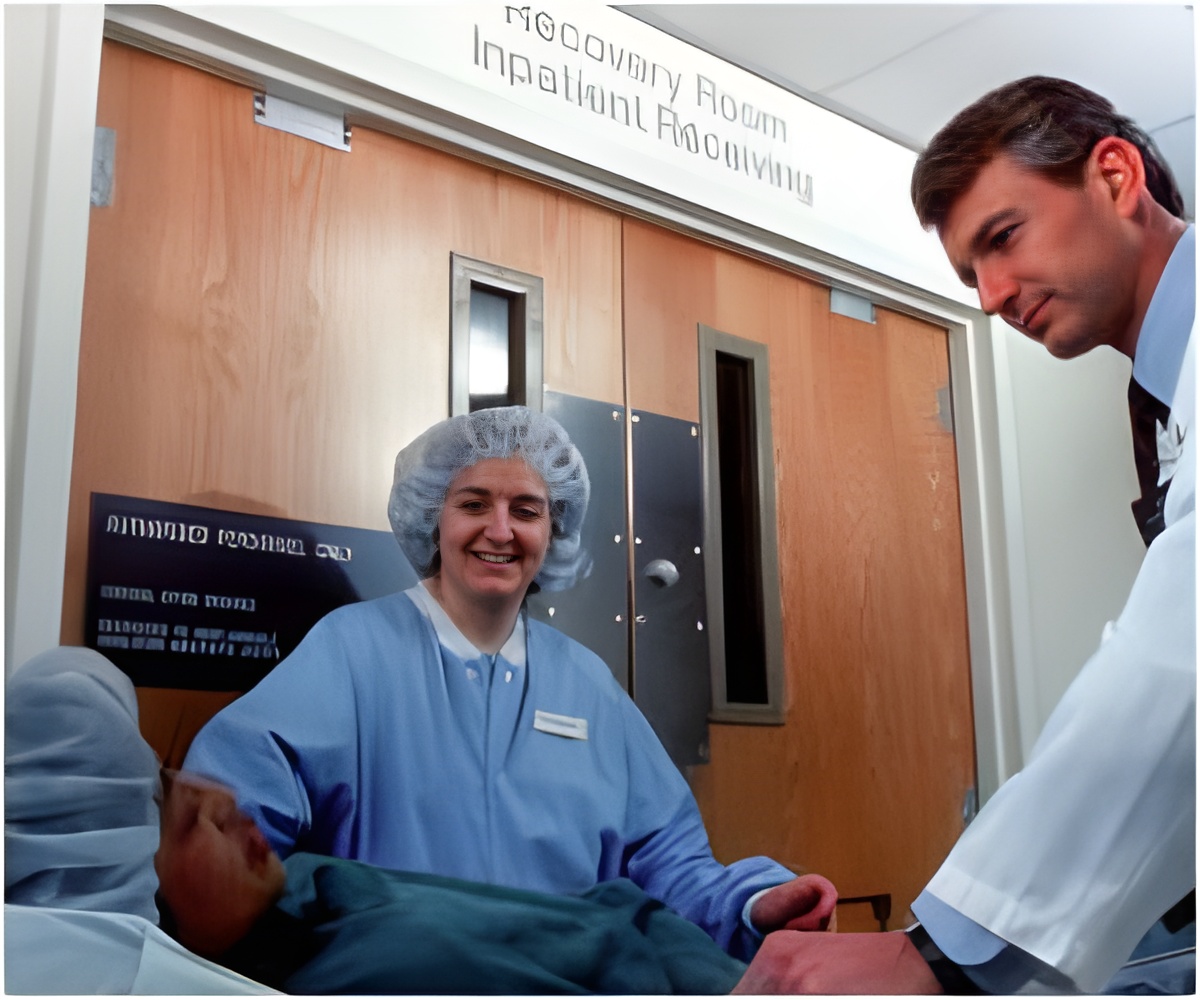A survey of about 2,500 U. S. physicians was done on their perceived role in addressing health care costs.

"The increasing cost of U.S. health care strains the economy. Because physicians' decisions play a key role in overall health care spending and quality, several recent initiatives have called on physicians to reduce waste and exercise wise stewardship of resources. Given their roles, physicians' perspectives on policies and strategies related to cost containment and their perceived responsibilities as stewards of health care resources in general are increasingly germane to recent pending and proposed policy reforms," according to background information in the article.
Jon C. Tilburt, M.D., M.P.H., of the Mayo Clinic, Rochester, Minn., and colleagues conducted a survey of physicians about their views on several potential proposed policies and strategies to contain health care spending, assessed physicians' perceived roles and responsibilities in addressing health care costs, and ascertained physician characteristics associated with those views. The survey was mailed in 2012 to 3,897 U.S. physicians randomly selected from the American Medical Association Masterfile. A total of 2,556 physicians responded (response rate = 65 percent). The survey included respondents rating their level of enthusiasm (not, somewhat, or very enthusiastic) toward 17 specific means of reducing health care costs, including but not limited to strategies proposed in the Patient Protection and Affordable Care Act; and agreement with an 11-measure cost-consciousness scale.
The researchers found that most respondents believed that trial lawyers (60 percent), health insurance companies (59 percent), hospitals and health systems (56 percent), pharmaceutical and device manufacturers (56 percent), and patients (52 percent) have a "major responsibility" for reducing health care costs, whereas only 36 percent reported that practicing physicians have "major responsibility." Most physicians were "very enthusiastic" for "promoting continuity of care" (75 percent), "expanding access to quality and safety data" (51 percent), and "limiting access to expensive treatments with little net benefit" (51 percent) as a means of reducing health care costs.
Few respondents expressed enthusiasm for "eliminating fee-for-service payment models" (7 percent). "Most physicians reported being 'aware of the costs of the tests/treatments [they] recommend' (76 percent), agreed they should adhere to clinical guidelines that discourage the use of marginally beneficial care (79 percent), and agreed that they 'should be solely devoted to individual patients' best interests, even if that is expensive' (78 percent) and that 'doctors need to take a more prominent role in limiting use of unnecessary tests' (89 percent)," the authors write.
Most physicians (85 percent) disagreed that they "should sometimes deny beneficial but costly services to certain patients because resources should go to other patients that need them more." In models testing associations with enthusiasm for key cost-containment strategies, having a salary plus bonus or salary-only compensation type was independently associated with enthusiasm for "eliminating fee for service." Also, group or government practice setting and having a salary plus bonus compensation type were positively associated with cost-consciousness.
Advertisement
"Moving toward cost-conscious care in the current environment in which physicians practice starts with strategies for which there is widespread physician support might create momentum for such efforts, including improving quality and efficiency of care and bringing transparent cost information and evidence from comparative effectiveness research into electronic health records with decision support technology. More aggressive (and potentially necessary) financing changes may need to be phased in, with careful monitoring to ensure that they do not infringe on the integrity of individual clinical relationships."
Advertisement
There will also be a digital news release available for this study, including the JAMA Report video, embedded and downloadable video, audio files, text, documents, and related links. This content will be available at 3 p.m. CT Tuesday, July 23 at this link.
Editorial: Will Physicians Lead on Controlling Health Care Costs?
Ezekiel J. Emanuel, M.D., Ph.D., and Andrew Steinmetz, B.A., of the University of Pennsylvania, Philadelphia, write in an accompanying editorial that the findings of this survey "are somewhat discouraging."
"The findings suggest that physicians do not yet have that 'all-hands-on-deck' mentality this historical moment demands. Indeed, the survey of 2,556 physicians suggests that in the face of this new and uncertain moment in the reform of the health care system, physicians are lapsing into the well-known, cautious instinctual approaches humans adopt whenever confronted by uncertainty: blame others and persevere with 'business as usual.'"
"The next decade requires 'all hands on deck' to create meaningful, lasting change in health care. The study by Tilburt et al indicates that the medical profession is not there yet — that many physicians would prefer to sit on the sidelines while other actors in the health care system do the real work of reform. This could marginalize and demote physicians. Physicians must commit themselves to act like the captain of the health care ship and take responsibility for leading the United States to a better health care system that provides higher-quality care at lower costs."
Editor's Note: All authors have completed and submitted the ICMJE Form for Disclosure of Potential Conflicts of Interest. Dr. Emanuel reported receiving payment for speaking engagements unrelated to this work.
Source-Eurekalert









